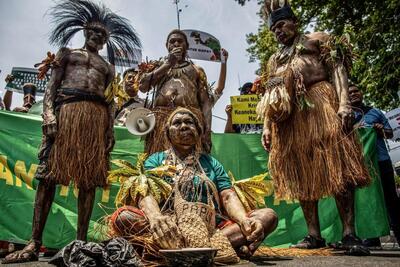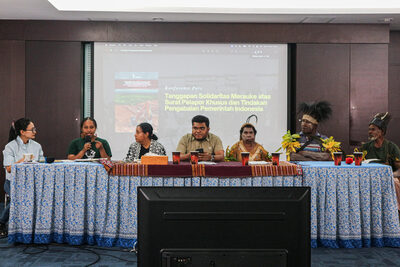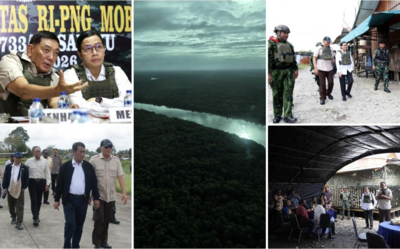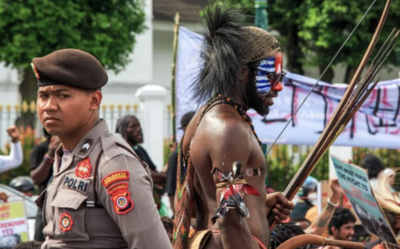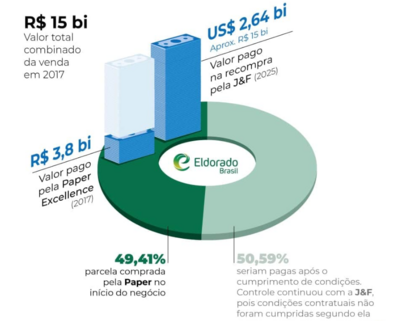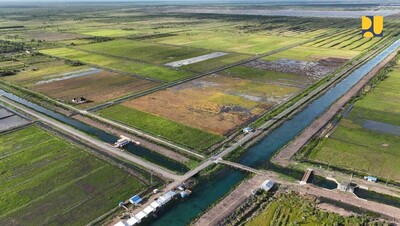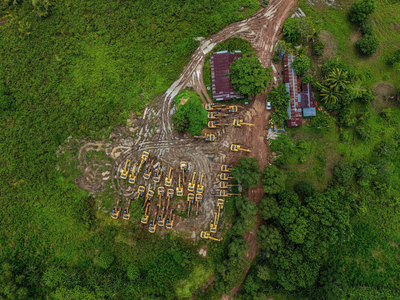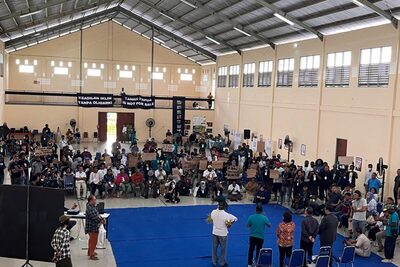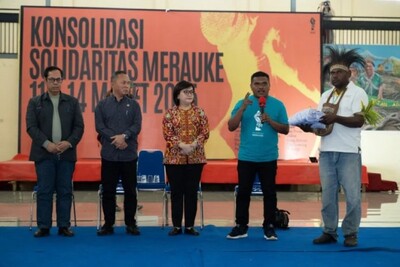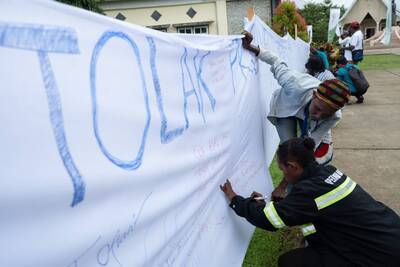UN calls out Indonesia’s Merauke food estate for displacing Indigenous communities
- Mongabay
- 24 June 2025
U.N. special rapporteurs have raised concerns that Indonesia’s food estate project in Merauke district is displacing Indigenous communities, clearing forests without consent, and using military forces to suppress dissent, threatening more than 50,000 Indigenous people.




